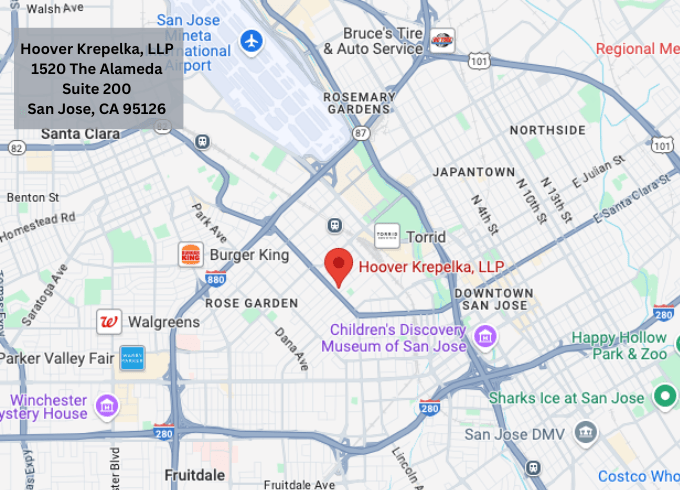According to data collected by the Center for Disease Control and Prevention (CDC), there were over 689,000 divorces in the US in 2021. There are many different warning signs you should get a divorce, or are heading towards one, such as those below.
Infidelity
According to the American Psychological Association (APA), infidelity affects 20-40% of marriages, and marriages, where a partner has been unfaithful, have a divorce rate as high as 53% within five years of the infidelity.
While no one piece of evidence is likely to absolutely confirm a partner’s infidelity, there are a number of red flag behaviors that may point towards it. Worried partners should pay attention and look out for:
- Unexplained absences;
- A sudden lack of intimacy;
- One partner lying about where they are;
- Hotel charges on a credit card;
- Defensiveness; or
- One partner hides their phone from their spouse.
Financial Disagreements
Infidelity may arise out of coincidence or convenience or reflect underlying issues and instability in marriage. Financial disagreements are a common cause of such marital conflicts, which may lead to divorce. If one spouse makes significantly more than another, the relationship may suffer from resentment or disagreements about the balance between earning and at-home responsibilities.
Financial disputes may also arise when two partners disagree about their financial priorities. For example, if one spouse thinks the couple should invest and save their money, and the other prefers to spend, the resulting conflict can cause a couple to decide to divorce.
Stress over financial matters can also cause or exacerbate marital tension. This stress is often caused by sudden changes in income, for example, by a spouse being fired, or can be caused by irresponsible spending. These problems are especially acute if one spouse hides their financial habits or employment status from the other.
Abuse
One of the most clear signs that a marriage is nearing its end is if one spouse is physically, verbally, or emotionally abusing their partner or their children. Such divorces can be more complicated, involving more contentious custody and support disagreements.
Many spouses who suffer from domestic violence attempt to get a restraining order in order to maintain their mental and physical health. This also helps to protect themself and the children from any potential future abuse by the ex-spouse. In California, one begins this process by filling out the DV-100 Request for Domestic Violence Restraining Order, the CLETS-001, any applicable parts of the DV-109 and DV-110 forms, and any local court form(s).
How Does the Cause of Divorce Affect My Case in Court?
When the California Family Law Act became law in 1969, California became the first state to offer no-fault divorce. This means that couples simply state that they have “irreconcilable differences” rather than forcing the courts to analyze their unhappy marriage.
Because it is a no-fault divorce state, proving that a spouse committed some kind of wrongdoing generally has no effect on a divorce case. However, if a spouse is abusive or attempts to hide assets during divorce proceedings, it may change an outcome(s) for a case.
Next Steps
Hoover Krepelka is the largest family law firm in Northern California, and we are prepared to use our extensive experience on your behalf in a wide variety of family law cases, from the simplest to the most complex. Feel free to contact us with any questions or in order to set up a consultation.







